Biblio File
When 'The Man' Wins
Inspired by a reader’s comment on our Angry Birds post, we’re thinking about books where the non-underdogs—a.k.a., those little round pigs with the helmets—wind up on top.
So, we asked our book experts here at NYPL to recommend some books where The Man comes out victorious.
Orwellian Oppression
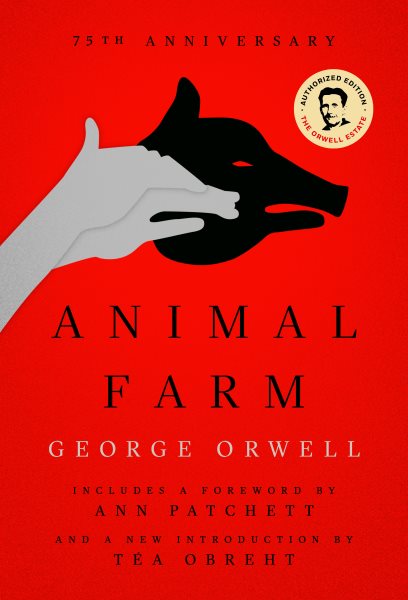
The most obvious choice is George Orwell’s Animal Farm, in which the pigs and The Man quite literally win. There is a great revolution on a farm, led by the pigs. At first it is successful, and all the animals are free of the oppression they knew under the rule of the human farmer, but eventually, the pigs take on human ways and turn out just as oppressive as the humans, who are now their allies ... and at the end, the animals “looked from pig to man, and from man to pig, and from pig to man again; but already it was impossible to say which was which.” —Kathie Coblentz, Rare Materials
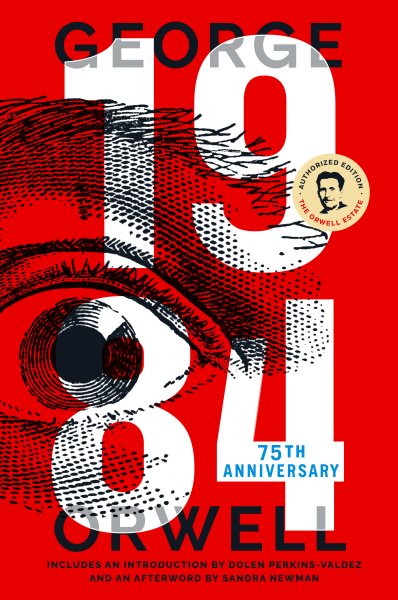
Big Brother in George Orwell’s 1984 is The Man-iest Man there is, and there’s simply no fighting it. By the ambigious ending of the book, it doesn't even matter if our protagonist, Winston, is alive or dead: “But it was all right, everything was all right, the struggle was finished. He had won the victory over himself. He loved Big Brother.” —Gwen Glazer, Readers Services
Feminism
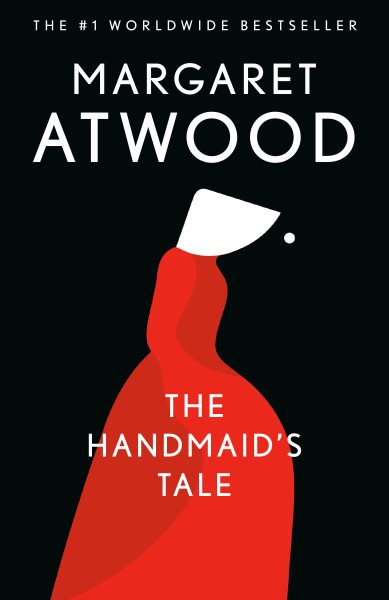
The Handmaid’s Tale by Margaret Atwood. Offred—as in “of Fred”—remembers how the world used to be with her husband and daughter, back when she had a job and was allowed to read. But, after a failed revolution, that world is gone; she’s enslaved to “The Commander,” and she’s only as valuable as her reproductive system. —Chantalle Uzan, Francis Martin
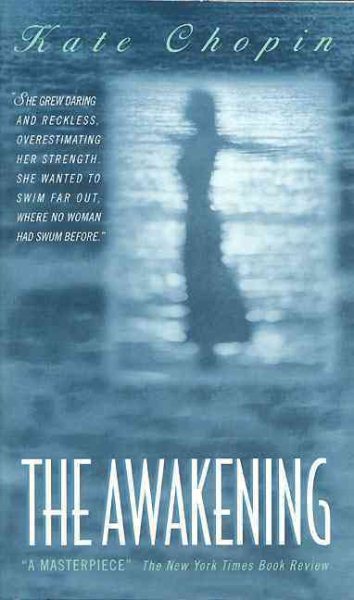
Kate Chopin’s The Awakening. Protagonist Edna literally drowns in societal norms that ignores the happiness of women and reduces their role solely as wives and mothers. —Jhenelle Robinson, Morrisania
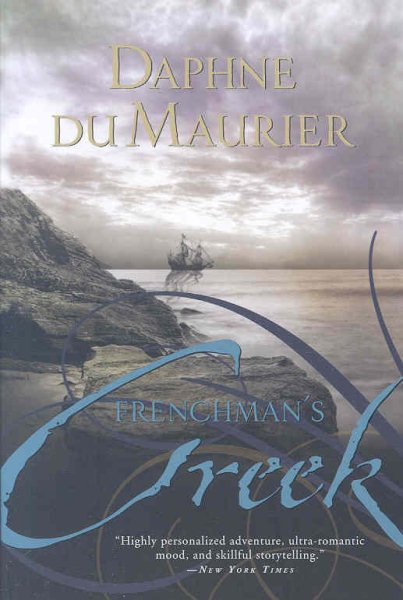
Perhaps this is a liberal and light take on The Man, but I always thought the oppressors (duty & aristocracy) won in Frenchman’s Creek by Daphne du Maurier. Dona, Lady St. Columb, is tired of her boring, aristocratic lifestyle and meets a swashbuckling pirate with whom she falls in love. They go on numerous adventures on the coast of Cornwall, and this reader hoped Dona would run off to France with her pirate! But alas, Dona must remain with her husband and children and maintain her place as Lady St. Columb. —Alexandria Abenshon, Yorkville
Technology
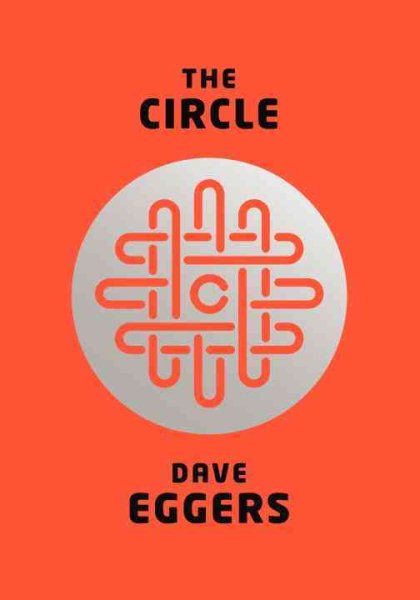
In Dave Eggers’ The Circle, “The Man” is a tech startup eerily similar to Facebook and Google. In the very near future, their amazing products and do-gooder sensibility lead to a world without corruption and violence, but with sinister side-effects: privacy is nonexistent, the court of public opinion is unavoidable, democracy is compulsory, and technology is worshiped with religious fervor. The striking part about this scenario? You don’t realize it’s dystopian until it’s too late. I couldn’t put this one down! —Nancy Aravecz, Jefferson Market
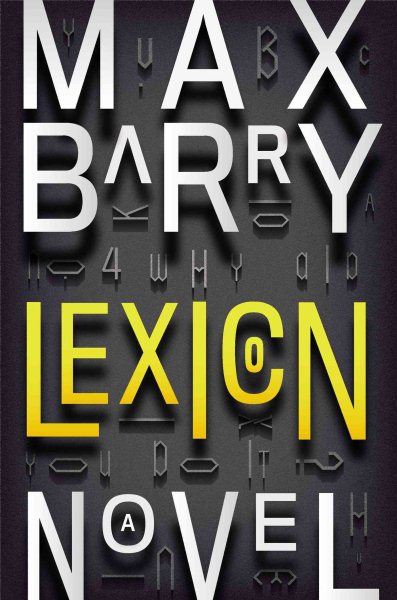
This question made me think of Max Barry‘s novels — Company in particular. He satirizes “The Man” quite scathingly and humorously, although the employees ultimately come out on top… or do they? —Jenny Baum, Jefferson Market
Classics
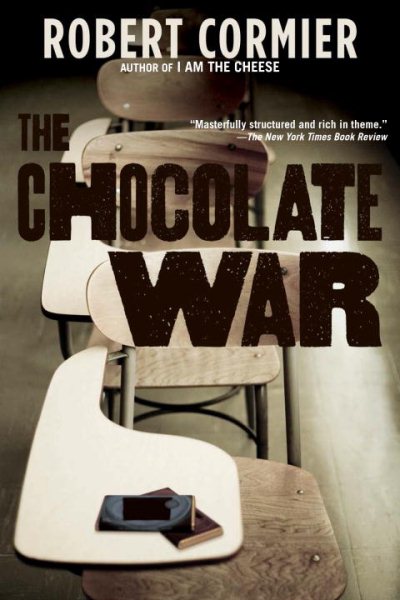
The Chocolate War by Robert Cormier. I read this title years ago and to this day, it still haunts me. It is one of the first books that showed me that good doesn’t always triumph over evil and sometimes, life just isn’t fair. These sentiments have never been truer than in this novel. Who knew that one student’s refusal to sell chocolate in his prep school would unleash so many terrible repercussions? —Sandra Farag, Selection Team
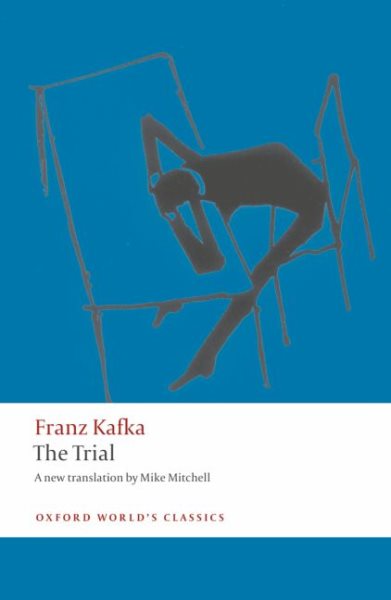
Another classic of the genre: In The Trial by Franz Kafka, Joseph K. struggles to escape The Man (or, rather, The Law) and is ultimately destroyed. —David Nochimson, Pelham Parkway-Van Nest
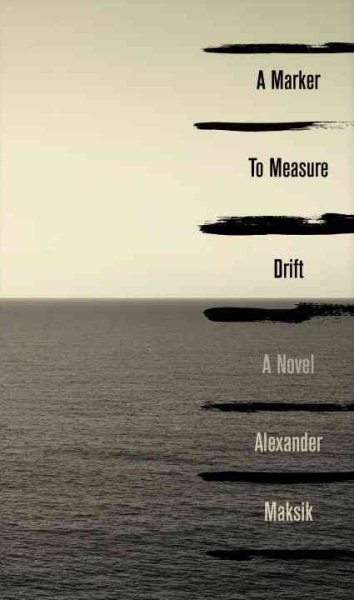
A Marker to Measure Drift by Alexander Maksik. This book follows the exile of a 24-year-old Liberian woman fleeing the violence of her home country. While she may escape her country, she will never escape the violent memories or her guilt. This book illustrates the ease with which one can become complicit with the actions of The Man and how much one will suffer when The Man casts one out. —Susan Aufrichtig, Terence Cardinal Cooke-Cathedral
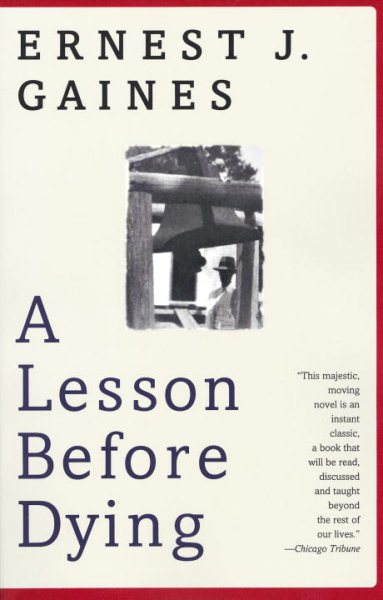
A Lesson Before Dying by Ernest J. Gaines. After Jefferson is convicted of a murder he did not commit, schoolteacher Grant is tasked with teaching Jefferson (and himself) how to “be a man” before his inevitable execution. This novel takes us to 1940s Louisiana, and gives us a glimpse at the mistreatment of black people by the justice system (The Man) in Jim Crow South. —Nanyamkah Mars, Westchester Square
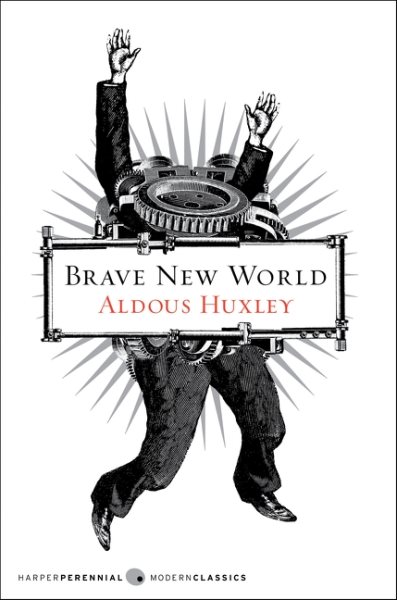
Brave New World by Aldous Huxley. I feel as if John was never able to truly be a free man. Even his solitude on the island was ruined by reporters wanting to watch him whip himself. His suicide at the lighthouse comes off as a victory for The Man, who felt that lives of soma and feelies were the only ways for people to feel alive. —Joe Pascullo, Grand Central
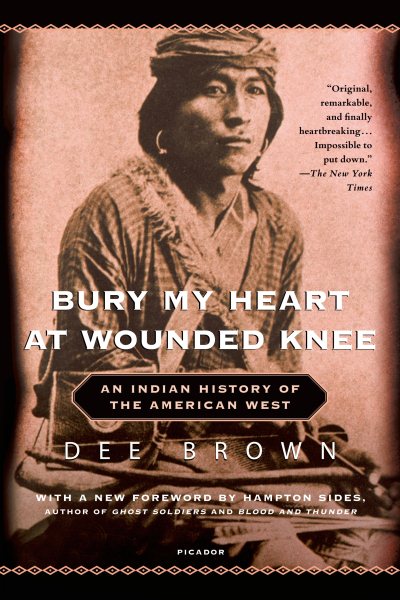
One of the most depressing books I've ever read: Bury My Heart at Wounded Knee. In which The Man wins, and wins again, and makes a treaty, and breaks it, and just keeps on winning. —Kay Menick, Schomburg Center
---
Have trouble reading standard print? Many of these titles are available in formats for patrons with print disabilities.
Staff picks are chosen by NYPL staff members and are not intended to be comprehensive lists. We'd love to hear your ideas too, so leave a comment and tell us what you’d recommend. And check out our Staff Picks browse tool for more recommendations!
Read E-Books with SimplyE
 With your library card, it's easier than ever to choose from more than 300,000 e-books on SimplyE, The New York Public Library's free e-reader app. Gain access to digital resources for all ages, including e-books, audiobooks, databases, and more.
With your library card, it's easier than ever to choose from more than 300,000 e-books on SimplyE, The New York Public Library's free e-reader app. Gain access to digital resources for all ages, including e-books, audiobooks, databases, and more.
If you don’t have an NYPL library card, New York State residents can apply for a digital card online or through SimplyE (available on the App Store or Google Play).
Need more help? Read our guide to using SimplyE.